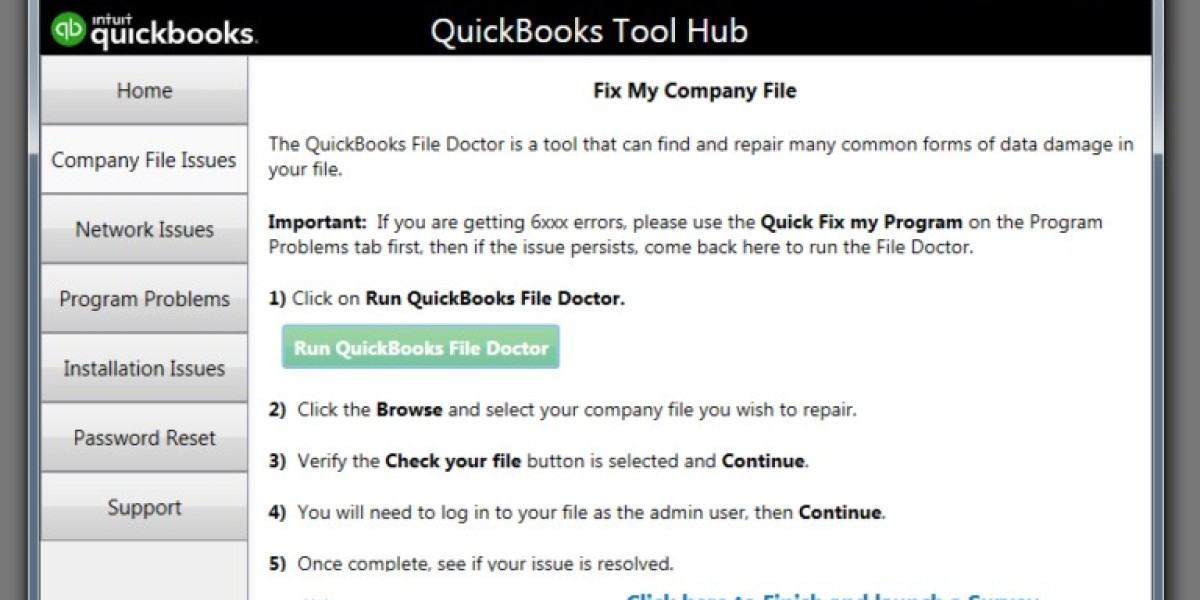Accounting is crucial for entrepreneurs for several reasons:
1. Financial Management:
- Budgeting: Helps in creating budgets and tracking expenses to ensure that the business operates within its means.
- Cash Flow Management: Ensures there is enough cash to cover day-to-day operations, pay employees, and manage unforeseen expenses.
2. Decision Making:
- Informed Decisions: Provides accurate financial information, enabling entrepreneurs to make informed decisions regarding investments, expansion, and other business activities.
- Performance Evaluation: Helps in assessing the performance of the business by comparing financial statements over different periods.
3. Compliance:
- Tax Obligations: Ensures compliance with tax laws and regulations, helping to avoid penalties and fines.
- Regulatory Requirements: Ensures that financial reporting complies with legal standards and industry regulations.
4. Financial Reporting:
- Transparency: Produces financial statements that offer transparency to stakeholders, including investors, creditors, and regulatory bodies.
- Attracting Investors: Detailed and accurate financial reports can attract potential investors by demonstrating the business's financial health.
5. Risk Management:
- Identifying Risks: Helps identify financial risks through detailed analysis of financial data.
- Mitigation Strategies: Assists in developing strategies to mitigate identified risks, thereby safeguarding the business.
6. Strategic Planning:
- Long-term Planning: Provides a foundation for strategic planning by forecasting future financial performance.
- Growth Strategies: Helps in planning for growth by analyzing past performance and projecting future trends.
7. Operational Efficiency:
- Cost Control: Helps in identifying areas where costs can be reduced and efficiency can be improved.
- Resource Allocation: Ensures optimal allocation of resources, contributing to better operational efficiency.
8. Tracking Progress:
- Milestone Tracking: Enables tracking of progress towards financial goals and milestones.
- Benchmarking: Allows for benchmarking against industry standards and competitors.
9. Funding and Loans:
- Loan Applications: Accurate financial records are often required when applying for loans or grants.
- Creditworthiness: Helps in establishing creditworthiness, making it easier to obtain funding.
10. Problem Identification:
- Identifying Issues: Helps in early identification of potential financial issues, allowing for timely corrective actions.
- Profitability Analysis: Assists in analyzing which products or services are most profitable and which are not.
Conclusion:
For entrepreneurs, accounting is not just about keeping records; it's a comprehensive tool that aids in managing the business efficiently, making strategic decisions, ensuring compliance, and ultimately driving growth and success.







